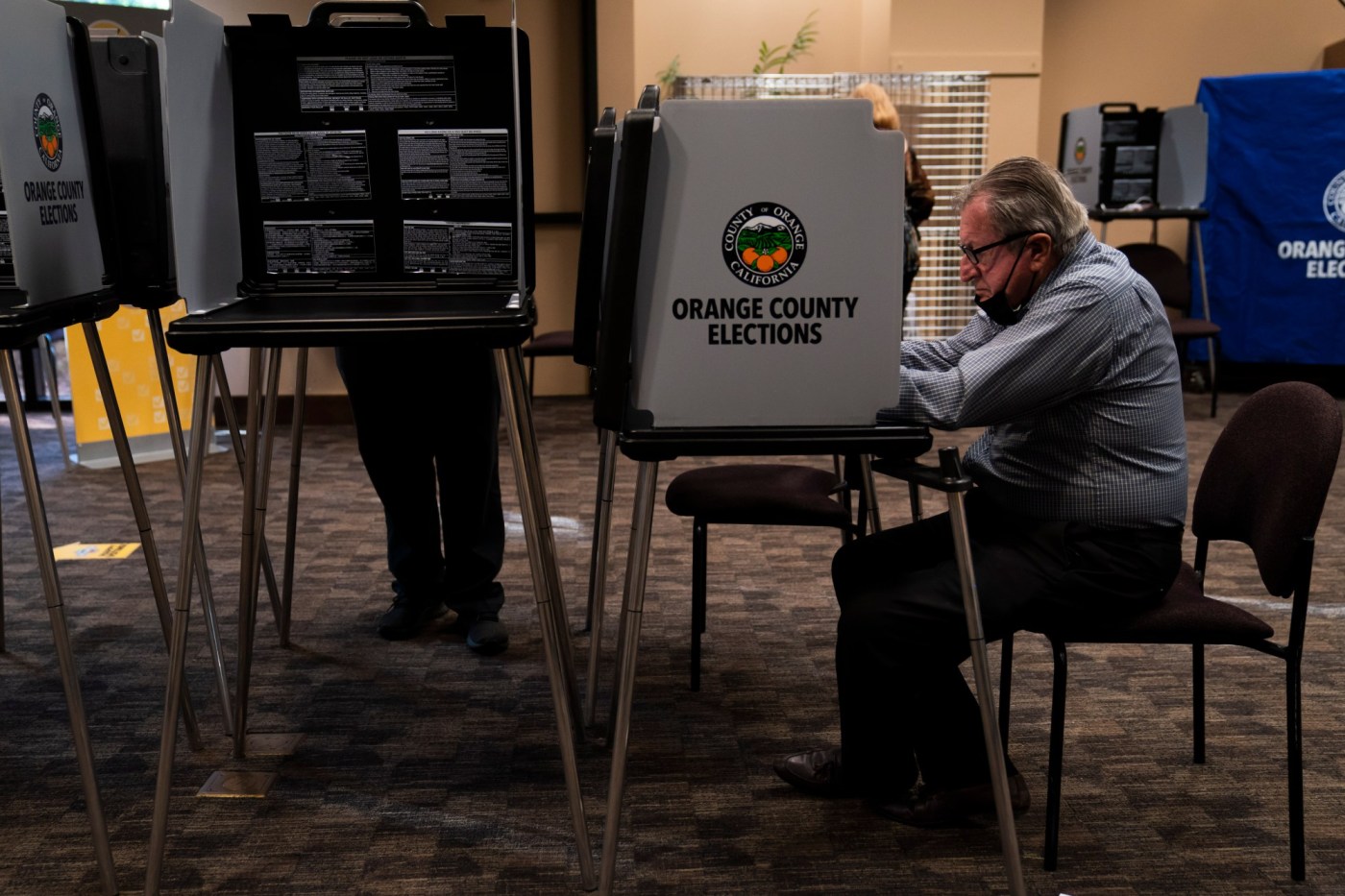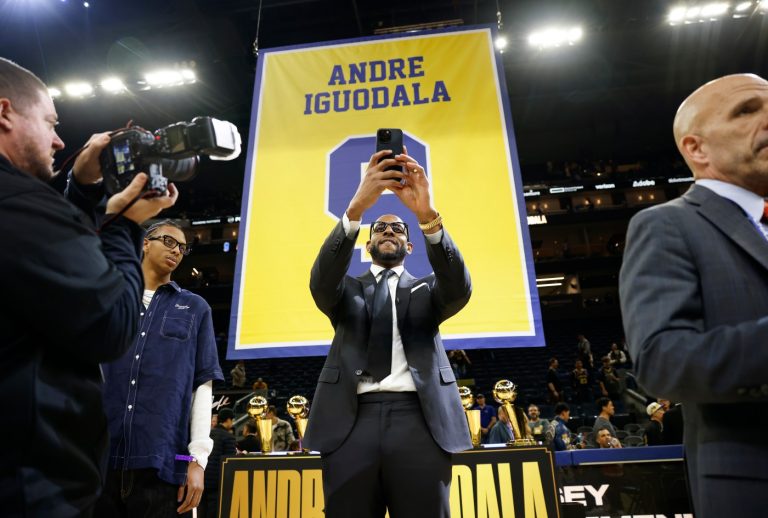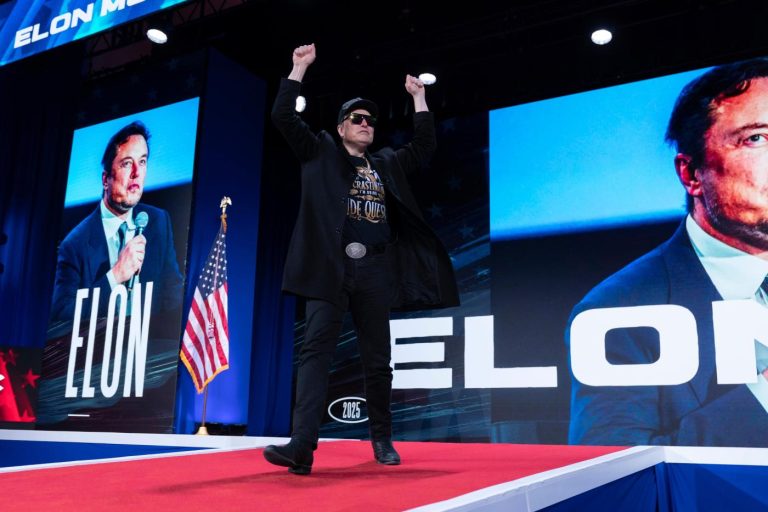California has become the latest battleground over voter identification requirements, a longtime conservative priority newly propelled in recent years by election fraud complaints from President-elect Donald Trump.
Under a state law that takes effect on Jan. 1, local governments across California will be prohibited from compelling voters to present identification to cast a ballot in an election.
Dave Min, an Irvine Democrat just elected to Congress, took up the ban this year as a state senator after Huntington Beach voters in March adopted a charter amendment allowing the city to require ID in its municipal elections. That measure — which takes effect in 2026, and also grants the city authority to add more in-person voting locations and monitor ballot drop-boxes — was part of a broader push by local leaders to make Huntington Beach a bulwark of resistance against California’s liberal governance.
Supporters believe that mandatory voter identification, a popular policy in Republican states, can address growing public concerns about election integrity following Trump’s false claims that the 2020 presidential election was stolen. But other than when new voters register, Democrats in California have resisted ID requirements, which they argue disenfranchise young, low-income, disabled and nonwhite voters without providing any real benefit because there is not widespread election fraud.
Related Articles
Saratoga council appoints Belal Aftab as mayor
Proposition 36, new state law cracking down on retail theft, now in effect
Pittsburg set to appoint new councilmember in January
New Antioch mayor prioritizes unity, public safety, homelessness, and economic stability
‘Trouble on the horizon’: Pleasanton begins tough budget discussions with new council
State officials contend that requiring voter ID is already illegal in California because of a provision in the election code that prohibits “mass, indiscriminate, and groundless challenging of voters solely for the purpose of preventing voters from voting.” Lawmakers passed the ban this summer anyway — which Min said would clarify any potential ambiguities around elections where only local issues are on the ballot — part of a string of bills to crack down on local conservative rebellions.
The issue is already in court. Attorney General Rob Bonta and Secretary of State Shirley Weber sued Huntington Beach in April, seeking to invalidate its newly approved charter amendment for interfering with state protections of voting rights. Huntington Beach officials counter that, as a charter city, they have broad discretion to set their own rules for municipal governance, including election management.
An Orange County judge dismissed that lawsuit in November, without addressing the merits of the policy, concluding that because the charter amendment is discretionary and the city has yet to implement it, it “currently presents no conflict with state elections law.”
But Bonta and Weber, who called Huntington Beach’s voter ID requirement “a solution in search of a problem,” plan to appeal. Meanwhile, a legal challenge against the new ban may be coming soon from the city.












